How Much Does Wisdom Teeth Extraction Cost?
The most important factor that will determine the cost of having your wisdom tooth extraction is the state of the wisdom tooth and its position in your jaw. An erupted tooth is typically the least expensive type of wisdom tooth to extract, because it is the simplest to extract. Removal of an erupted tooth typically ranges between $200-$900. Although most general dentists can remove an erupted tooth, a specialist may be necessary if your tooth or teeth are in any other state other than eruption. If your wisdom tooth is impacted under soft tissue, it may cost slightly more ($250-$1250) and if the impacted tooth is partially bony, the cost will increase to $300-$14500. A fully bony impacted wisdom tooth is the most expensive type of wisdom tooth to have extracted and typically costs between $350-$1,900.
Additional Costs
In addition to the cost of extracting your wisdom tooth/teeth, there are typically additional costs associated with the extraction process which will increase the overall cost of treatment, which include the following:
- Dental Exam: $50-$200
- Panoramic X-ray: $100-$250
- Cone Beam CT: $150-$750
- Periapical X-ray: $25-$50
- Moderate Sedation: $100-$500
- Deep Sedation: $150-$450
Is Wisdom Tooth Extraction Worth the Cost?
If you are undecided on whether having your wisdom teeth extracted is worth the time and cost involved, it may be helpful to consider the following benefits of having your wisdom teeth removed:
- Early removal is easier when the roots are not fully developed
- Reduced risk of teeth becoming crooked
- Reduced risk of cysts
- Reduced risk of gum disease
- Reduced risk of tooth decay
- Reduced risk of infection
Payment Options
Most dental insurance plans cover a portion of wisdom teeth removal, some even covering up to 80% of the costs. It is important to be aware, however, that this coverage will go towards your yearly maximums, so if you require more than one wisdom tooth to be extracted, you may want to schedule the first extraction towards the end of the year so your insurance benefits will refresh. Medical insurance may also cover the procedure if it is determined to be medically necessary.
If you do not have dental or medical insurance and/or are concerned about the cost of having the procedure performed, ask your clinic if they offer payment plans. If they do not, try researching other clinics in your area. If they do offer a payment plan, you should prepare to pay some portion of the total bill up front, after which you can begin making smaller monthly payments until the balance is paid off.
Dental discount plans are another popular option for patients who do not have dental insurance. Dental discount plans developed as an alternative to dental insurance and as a way to avoid waiting periods, yearly caps, limited reimbursement, and rising healthcare costs. Members pay a set annual rate, which then qualifies them for discounts on dental procedures, which typically range between 10-60% off. Every dental discount plan is different, so if you decide to pursue this option, make sure the plan covers the procedure or procedures you plan on having done and that you are comfortable receiving treatment from the dentists available in the dental discount plan’s network.

